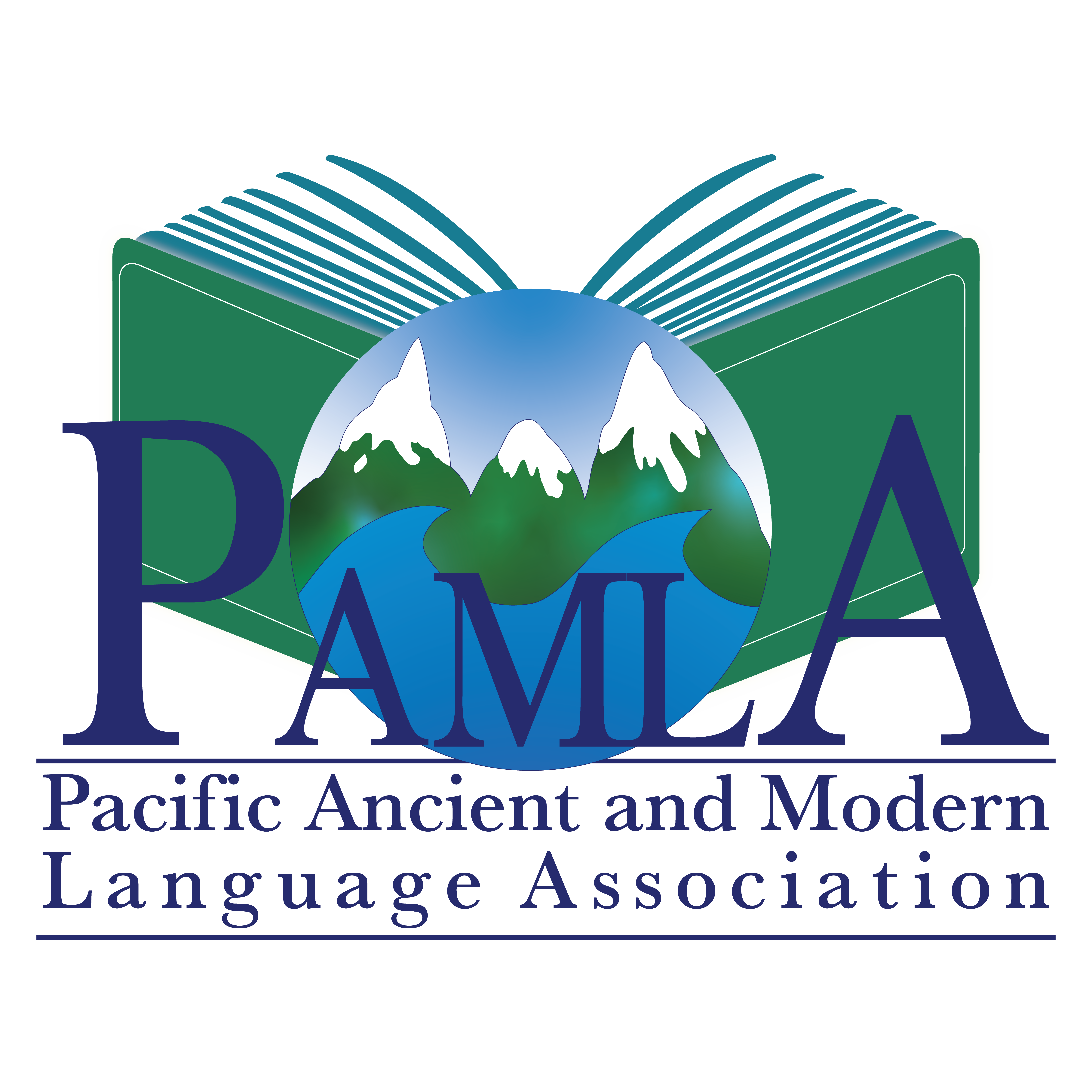PAMLA Presidential and Plenary Address Luncheons
- September 7, 2011
- Posted by: Elijah Gartin
- Categories:
At the 2011 PAMLA Conference to be held at Scripps College, we have two wonderful speakers delivering our Presidential and Plenary Addresses (at our Saturday and Sunday luncheons respectively). These luncheons do involve an additional cost, and in order to attend them you must register ahead of time. You may pay/register for one or both luncheons via our online Acteva payment system: https://www.pamla.org/2011/registration
On Sunday, November 6, Ursula Heise, Professor of English and Director of the Program in Modern Thought & Literature at Stanford University, will deliver our Plenary Address. Dr. Heise’s talk is titled “Plasmatic Nature: Environmentalist Thought and Animated Film.”
Ursula K. Heise’s major academic interests focus on environmental culture, literature and art in the Americas, Western Europe and Japan, and on theories of modernization, postmodernization and globalization. Her book Chronoschisms: Time, Narrative, and Postmodernism appeared from Cambridge University Press in 1997, and Sense of Place and Sense of Planet: The Environmental Imagination of the Global from Oxford University Press in 2008. Nach der Natur: Das Artensterben und die moderne Kultur (After Nature: Species Extinction and Modern Culture) will appear with the German publisher Suhrkamp in 2010 (English to follow). She is also working on a book provisionally entitled The Avantgarde and the Forms of Nature.
On Saturday, November 5, our President, Sabine Wilke, will deliver the Presidential Address. Dr. Wilke’s talk is titled “Towards an Aesthetic of Environmentality: Narrating and Depicting Nature in the Age of Environmentalism.”
Dr. Wilke will discuss the role played by German explorers, naturalists, and scientists in the birth of a modern notion of the environment. She will pay special attention to the works of Georg Forster and Alexander von Humboldt. Georg Forster and his father Johann Reinhold Forster accompanied Captain Cook on his second voyage around the world. German scientist and student of Forster, Alexander von Humboldt, travelled through South America for five years (1799-1804). Dr. Wilke will discuss how Forster’s travelogue and Humboldt’s lectures, nature essays, and scientific writings played a foundational role in the emergence of a modern notion of environmental discourse.
Sabine Wilke is professor of German at the University of Washington. She is also associated with and teaches in the European Studies Program, and the graduate Program in Critical Theory. Her research and teaching interests include modern German literature and culture, intellectual history and theory, and cultural studies. She has written books and articles on body constructions in modern German literature and culture, German unification, the hisory of German film and theater, contemporary German authors and filmmakers including Christa Wolf, Heiner Muller, Botho Strauss, Ingeborg Bachmann, Elfriede Jelinek, Monika Treut, and others. Most recently, Wilke was involved in a larger project about German colonialism and postcoloniality, and the question of comparative colonialisms, especially how Germany related differently to Africa and the South Pacific. She has also begun a new project on environmental criticism, the German tradition of philosophy of nature, and overlapping concerns of postcolonialism and ecocriticism.
